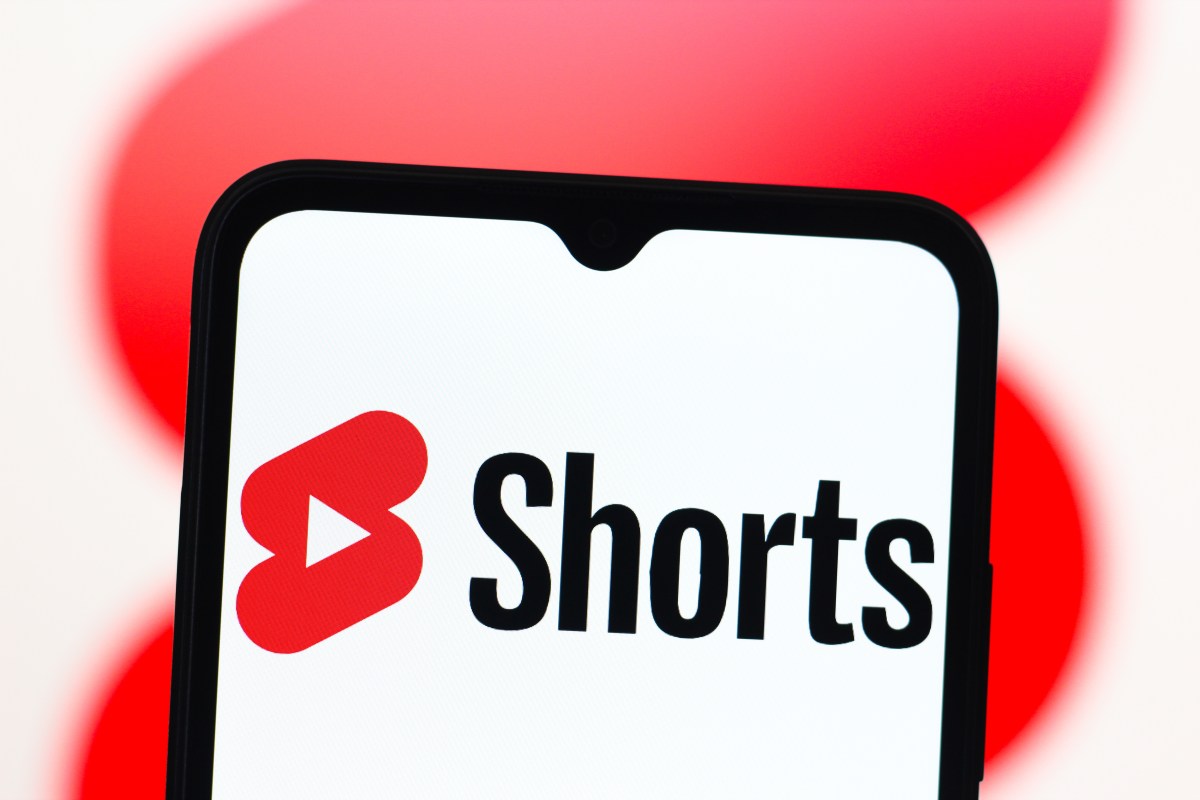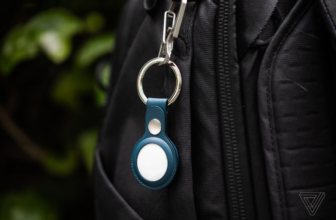
It’s common for people to open a short video, thinking they’ll just watch the one — then realize they’re still on the app an hour later. YouTube is adding a new timer feature to help users manage this behavior, a move that reflects both growing public pressure on tech platforms and the company’s interest in fostering long-term engagement rather than risking user burnout.
Users can set a daily time limit for Shorts viewing through the app’s settings. Once they reach their limit, they see a pop-up notifying them that scrolling on the Shorts feeds is paused — though the pop-up is dismissible.
Earlier this year, after Android Authority spotted the feature in development in one of the Android APKs (app files), YouTube confirmed it was exploring the time-limit feature for Shorts consumption.
YouTube notes that the limit is currently not integrated with parental controls, meaning parents or guardians can’t just set a specific limit on how much their kids scroll the Shorts feed. However, the company says parental controls are coming next year, when children won’t be able to dismiss their prompts.
In the past, YouTube has rolled out digital well-being features, including “take a break” and “bedtime” reminders to curb users’ doomscrolling habits.
With “Take a Break,” for example, users can set a reminder to appear every 15, 30, 60, 90 or 180 minutes, at which point the video will pause. Users can then choose to dismiss the reminder and keep watching, or close the app.
Similarly, with its bedtime reminder feature, users set a specific time window (start and end time) when they want to be reminded to stop watching and go to bed. When that bedtime arrives, YouTube shows a notification reminding them to stop watching.
Techcrunch event
San Francisco
|
October 27-29, 2025
While features like these help demonstrate corporate responsibility, their optional nature means they may not actually reduce engagement, allowing YouTube to address concerns about addictive design while maintaining its core business model.
Right now, according to a recent Bloomberg Law report, nearly 2,000 lawsuits are pending in the U.S. against social media companies, with families, school districts, and state attorneys general alleging that platforms have intentionally designed addictive features that harm children’s mental health.
Source: techcrunch.com…






